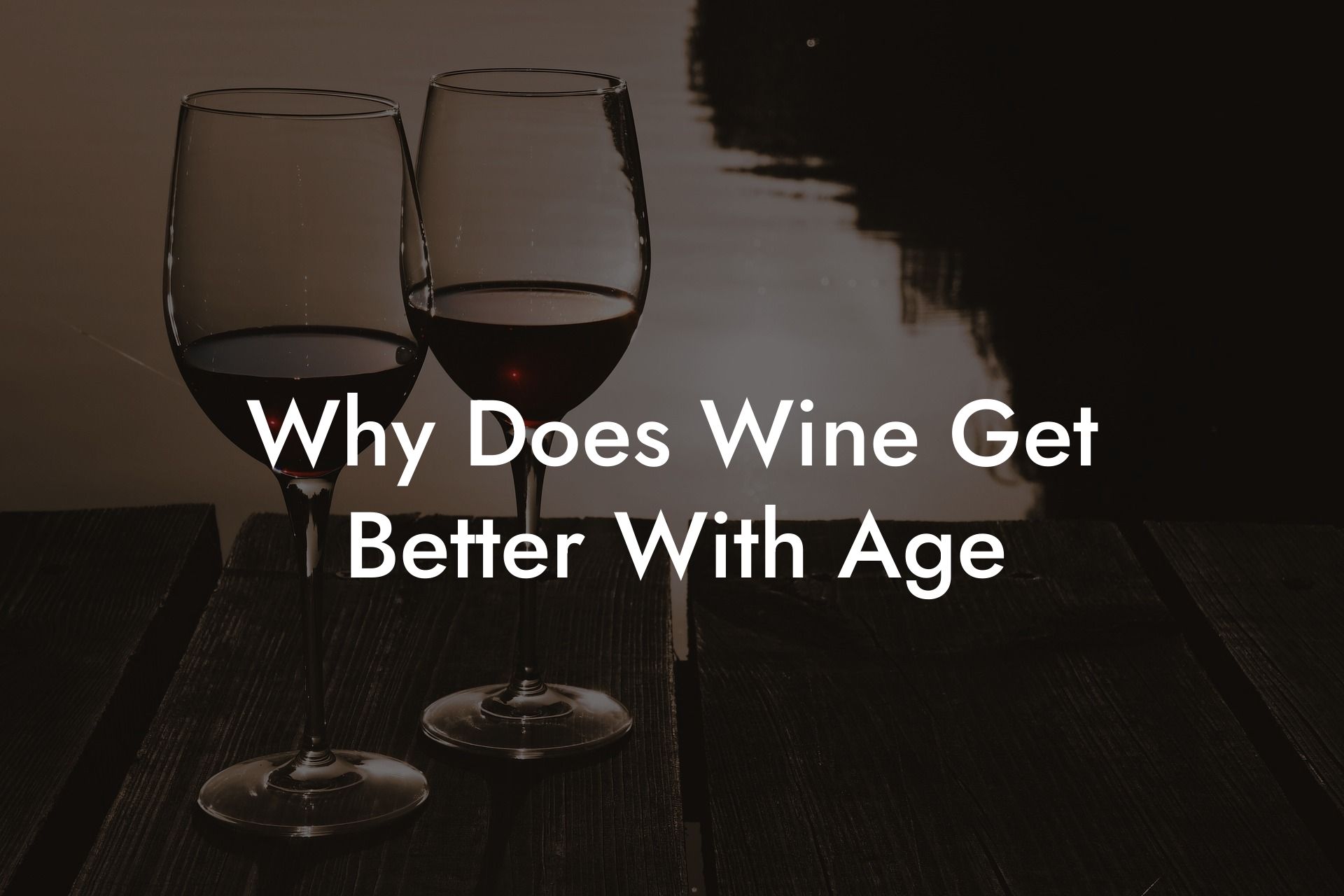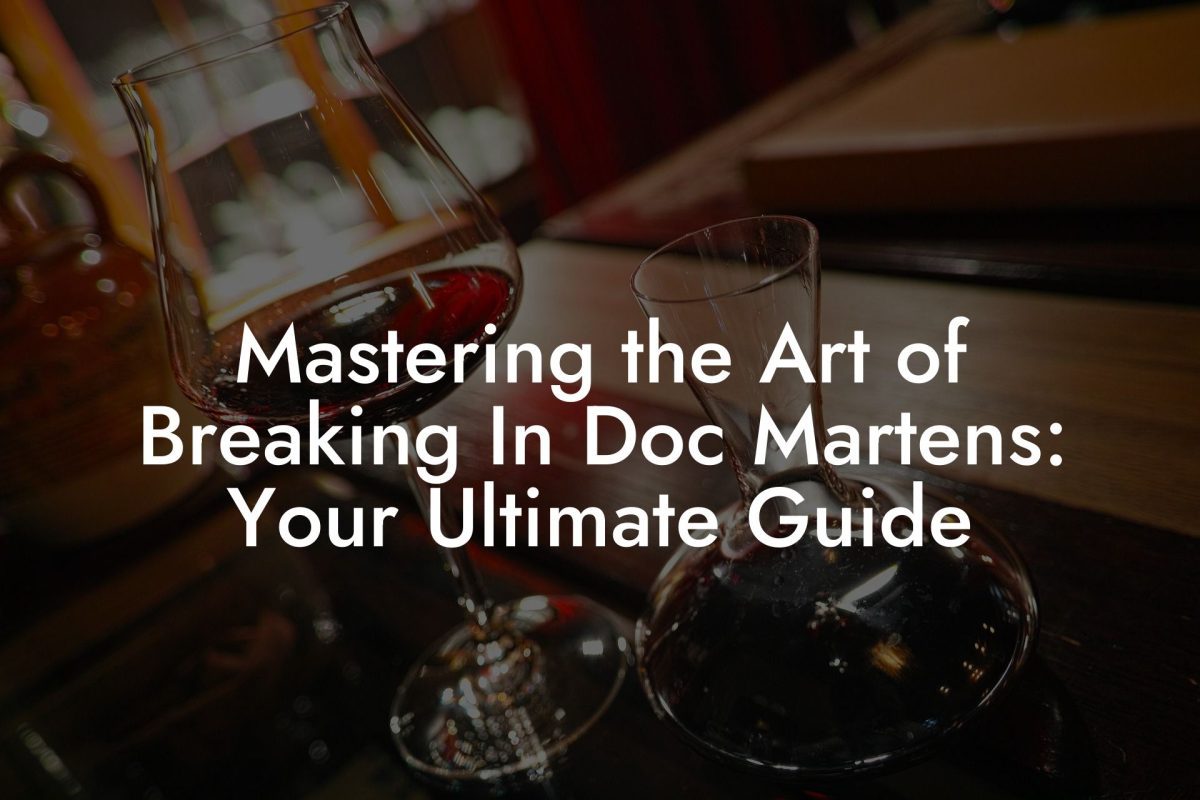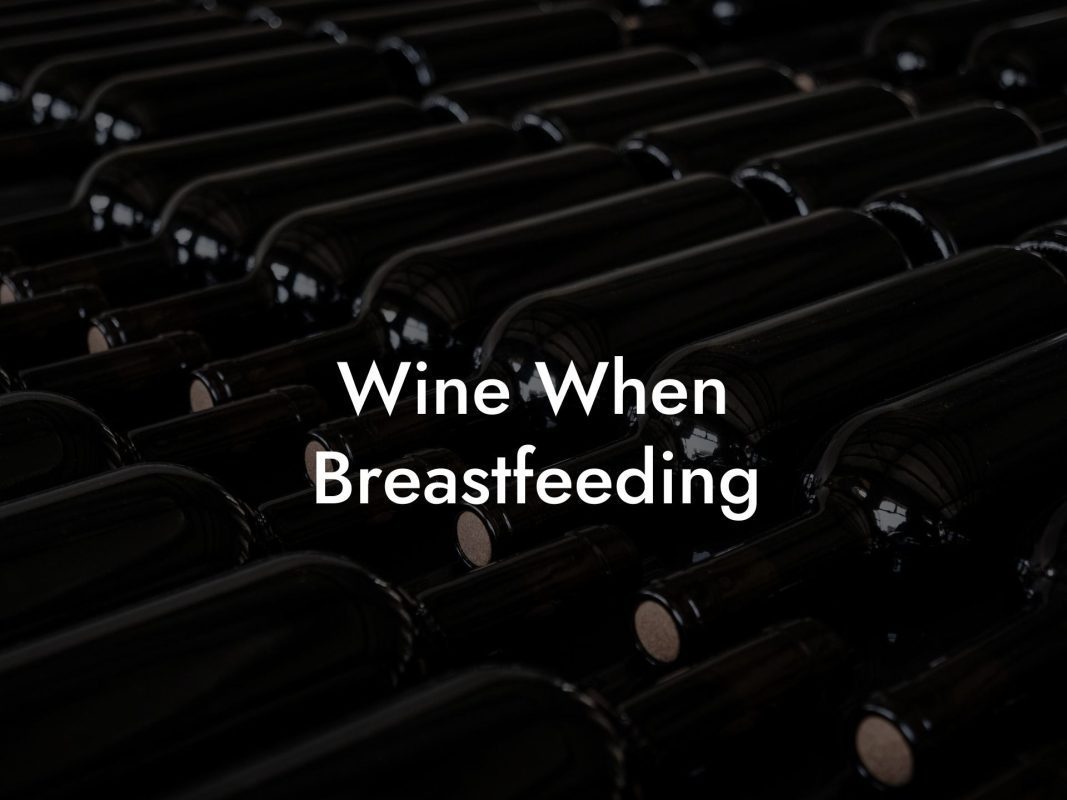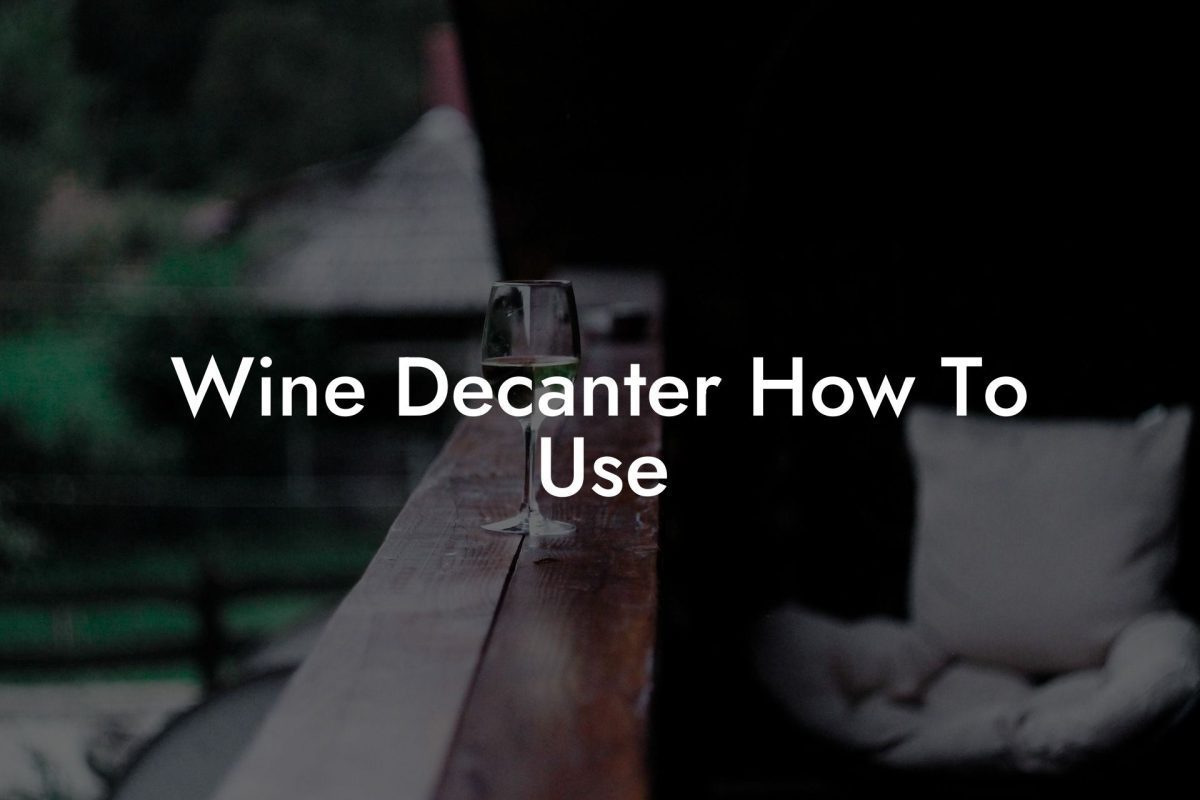Have you ever wondered why wine gets better with age? For many, a fine aged wine is the epitome of sophistication and class. But what exactly happens during the aging process that turns an ordinary red or white into such a prized delicacy? In this article, we will delve into the science and art behind the mysterious process of wine aging and explore why the passage of time can create a beverage that's truly remarkable.
Why Does Wine Get Better With Age Table of Contents
What happens when wine ages?
When wine ages, a series of complex chemical reactions takes place within the bottle. These reactions involve compounds found in the wine, such as acids, sugars, tannins, and other phenolic compounds. Over time, these chemical changes influence the color, taste, aroma, and overall complexity of the wine.
Tannins: The Key to Aging
One of the most crucial elements in the aging process is the presence of tannins. Tannins are polyphenolic compounds found in the grape skins, seeds, and stems, as well as in the oak barrels used in winemaking. As a wine ages, the tannins will slowly bind together and form larger molecules, eventually precipitating out, which is why older wines are typically less astringent than their younger counterparts.
Do You Want to Win a Free Bottle of Wine?
Don't miss out on the opportunity to win a free bottle of wine every week.
Enter our weekly prize draw today!
Oxidation and Micro-oxygenation
Another important aspect of wine aging is the role of oxygen. When wine comes into contact with small amounts of oxygen, a process called micro-oxygenation occurs. This process helps develop the wine's flavors and soften its texture. However, too much oxygen exposure can lead to oxidation, causing the wine to become spoiled and lose its desired characteristics.
Flavor and Aroma Development
As the various compounds within the wine interact and evolve over time, they also alter and enhance the wine's flavor and aroma profile. This can lead to the development of secondary and tertiary aromas, such as leather, tobacco, and mushroom, which are highly sought after in aged wines.
Not all wines are meant to age
While it's true that many wines can improve with age, not all are meant to be aged for long periods. Most white wines, for example, are best enjoyed within a few years of bottling, as extended aging can cause them to lose their freshness and fruity characteristics. Similarly, lighter-bodied red wines typically don't have the tannin structure necessary to ensure a graceful aging process.
For a wine to age well, it needs to have a good balance of acidity, tannins, and fruit concentration. Some examples of wines known for their aging potential are Bordeaux, Burgundy, Barolo, Rioja, and certain California Cabernet Sauvignons.
Why Does Wine Get Better With Age Example:
Imagine opening a bottle of young Cabernet Sauvignon. The wine is vibrant and fruit-forward, with firm tannins that give it a slightly astringent mouthfeel. Now, compare that to a well-aged Cabernet from the same producer, perhaps 10-15 years older. The aged wine has developed a rich, velvety texture, and the once-dominant fruit flavors have given way to more nuanced notes of leather, earth, and spice. This transformation, brought about by the aging process, is what wine enthusiasts around the world find so captivating and alluring.
Now that you've discovered the magic behind why wine gets better with age, it's time to raise a glass and toast to the art of patience! Whether you're sipping a youthful, vivacious white or savoring a mature, sophisticated red, there's no doubt that each wine has its unique charm and enchantment. Don't hesitate to share this fascinating knowledge with your fellow wine lovers, and explore other captivating guides here on Black Wine Club. After all, there's always something new to learn and appreciate in the world of wine. Cheers!
Do You Want to Win a Free Bottle of Wine?
Don't miss out on the opportunity to win a free bottle of wine every week.
Enter our weekly prize draw today!












